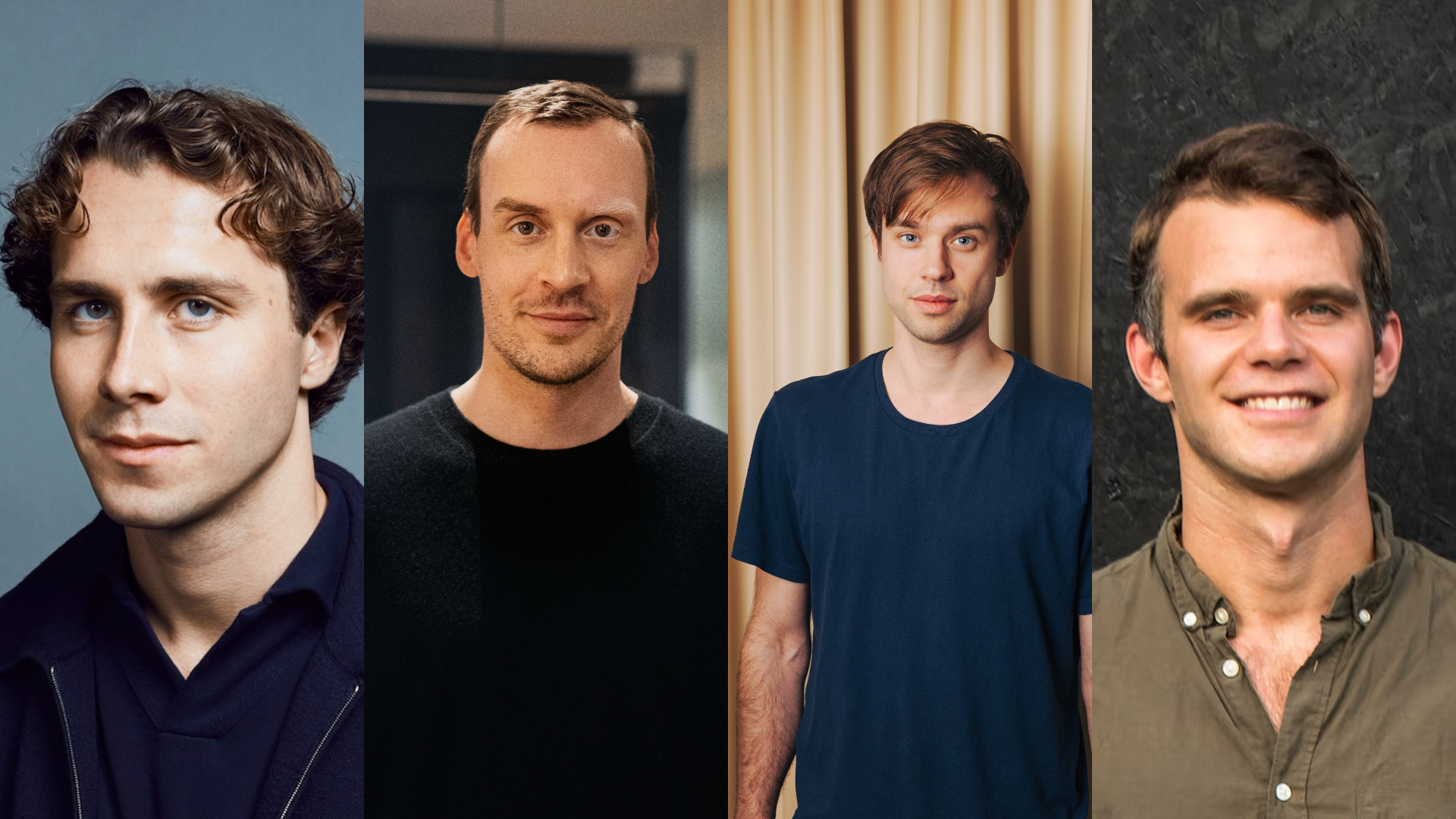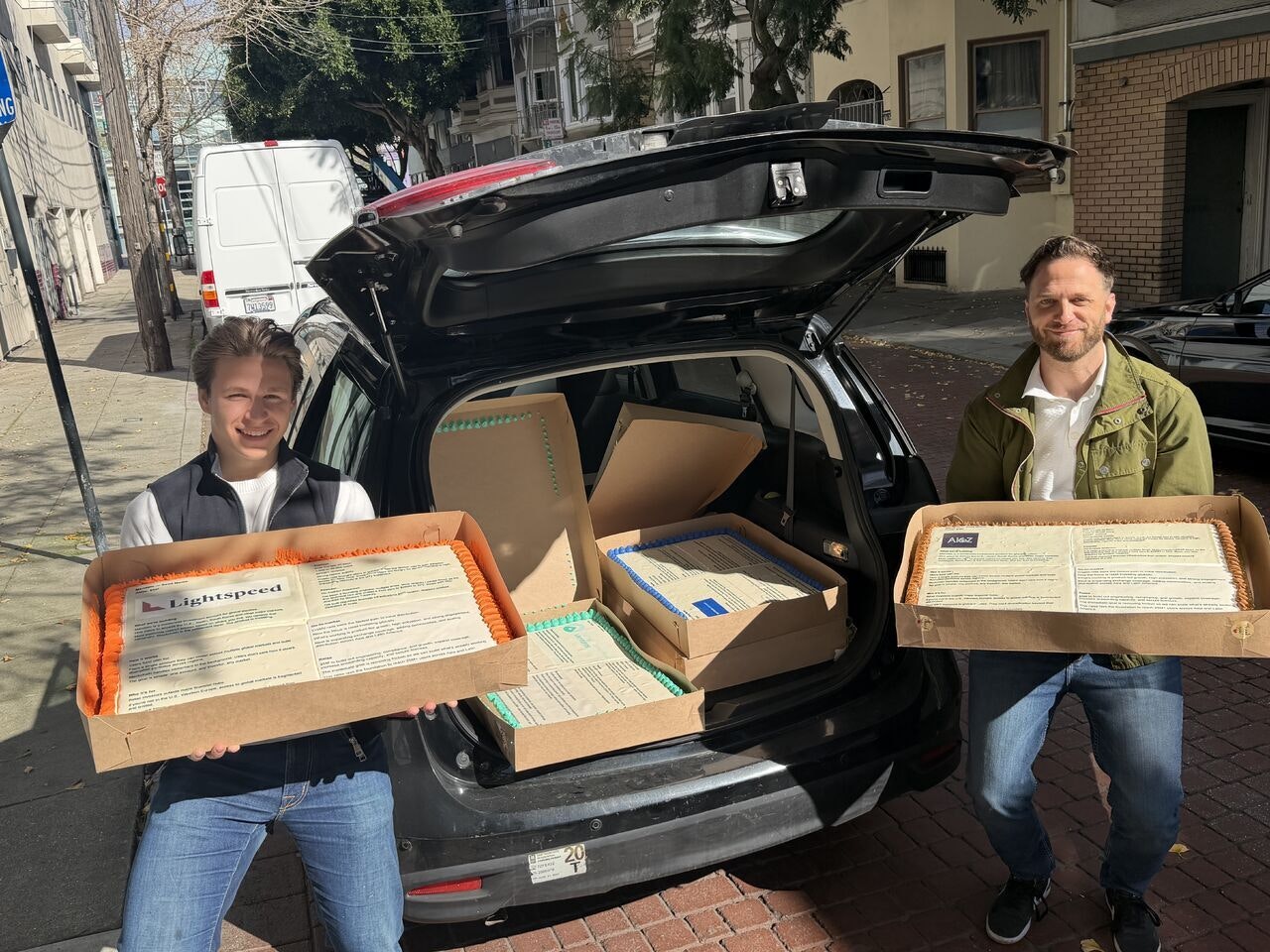Three years after Russia invaded Ukraine, with the prospect of a peace deal brokered by a hostile President Donald Trump looming, the country’s startup founders say they’re doing their best to keep up business as usual.
With European leaders scrambling to retain some control over the conflict’s endgame, it remains unclear what a peace deal might look like, though experts say it will likely require painful territorial concessions from Kyiv.
“We want a long-term solution,” says Nazar Hembara, founder of BotsCrew, a startup that helps businesses use AI chatbots for customer service. “It’s pretty sad to hear Trump’s rhetoric right now. It’s very close to what Russia wants, which is sad. Just saying Ukraine should have stopped it, or we started the war — it doesn’t make any sense. It’s concerning, to say the least.”
Ukrainian founders say that the startup ecosystem continues to show a remarkable amount of resilience amid extreme circumstances. Many report being woken in the middle of the night by explosions and air raid sirens, dealing with frequent electricity outages — and the ever-present threat of losing loved ones.
“We clearly understand the price that has been paid so far, because we all have graves of people we were close with — and that's not something you would expect to have in your 30s or 40s,” says Alex Serdiuk, cofounder of AI voice startup Respeecher, which is based in Kyiv.
“We don't rely on this to be resolved soon,” he says. “We obviously are very hopeful, but in order for us to be just effective, not only tomorrow, but the day after tomorrow, we just have to be running the marathon and just keep the pace.”
‘Russian roulette’
Last week, Trump branded Ukraine’s president Volodymyr Zelensky a “dictator”, criticising him for not holding elections amid the biggest military conflict in Europe since World War Two.
“With Trump right now, it’s like Russian roulette. Like, what will be the next move?” says Daria Aleksieieva, a project manager at customer experience startup TalentPop. “It’s like a new normal, but it’s not normal. You somehow need to be mentally stable to keep working, and it’s hard.”
During the war many Ukrainian companies have relocated employees to safer areas in the country or to places outside of Ukraine, and offered financial support for them to find apartments and buy generators and batteries in case of electricity blackouts.
“All those contingency items, they require cash, which is deducted from business. And for some businesses, it's been quite heavy,” says Serdiuk, especially as startups have had “somewhat limited access to venture capital,” with some investors viewing backing Ukrainian startups as an additional risk.
The quality of entrepreneurship has been nurtured in Ukraine [...] It's been nurtured by war, which sounds crazy, but it has.
“It’s completely unfair in my opinion,” Serdiuk tells Sifted. “If you experience this constant existential threat in your life, you are way better at navigating classical startup challenges. The quality of entrepreneurship has been nurtured in Ukraine, and it's been nurtured by war, which sounds crazy, but it has.”
Founders tell Sifted that many Ukrainian startups have continued to hire, engage new clients and have seen new markets open up. In 2023, the number of tech specialists in Ukraine increased by more than 7%.
Many startups have also pivoted to supply technology for defence applications, a sector which is booming. “The developers that would normally do the gaming, the dating [apps], the marketplaces and whatnot, they are turning to defence,” says Eveline Buchatskiy, managing partner at local Ukrainian defence investor D3. “There's more money, more challenges and you don't even have to think hard [about] the problem statement, because the problem statement is right in your face.”
Defence tech companies have also been given critical enterprise status, meaning their founders are exempt from conscription.
That said, a lot of non-defence founders have or can be called up to fight. “Startups historically have been male dominated, and the men have been called to the front line. So if you go out on the street, your chances of being taken by the recruiters are pretty high,” says Buchatskiy.
Endgame
There’s a fear among some Ukrainians that even if the war ends now, it’s not unlikely that more fighting could break out in years to come.
“We don’t believe Russia, and we understand that in Ukraine, every 10 years something happens. It's always with them, and it's really hard right now to believe that it will stop,” says Aleksieieva.
Some are pushing for Europe to not just contribute money and weapons to Ukraine but to play an active role in putting an end to the war.
“The defence of European values lies here in the East,” says one Ukrainian defence founder who didn’t want to be named to protect their safety. “Ukraine stands on the front lines of democracy, and Europe must show strong leadership — not just in rhetoric, but in decisive action. This war is a test of Europe's commitment to its own principles, and Ukraine cannot stand alone.”
While the future for Ukraine remains uncertain, many citizens imagine what life will be like when the war eventually ends: being able to plan ahead, go on holiday and travel to see loved ones are top of the list for many people Sifted spoke to.
“We have dreams of this war ending,” says Serdiuk. “We have dreams to see airplanes in the sky — that’s something you first notice when you cross the border. You see airplanes in the sky and you feel this sort of safety.”



